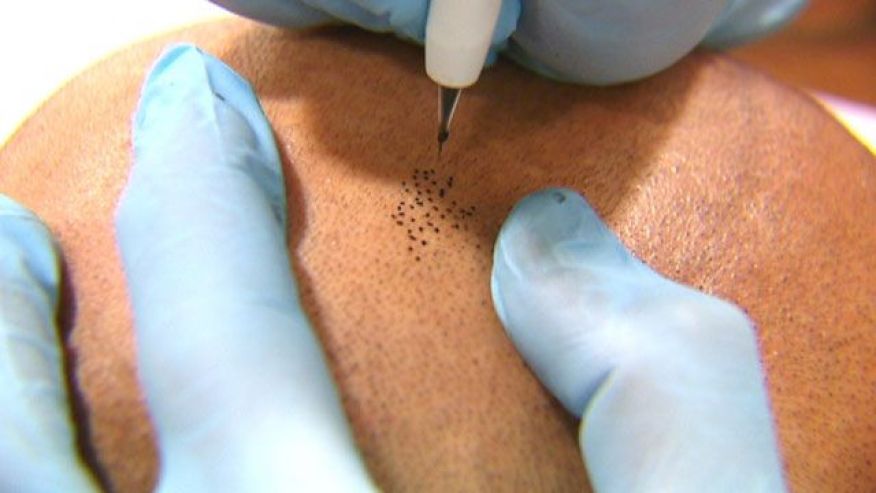
Among the many vitamins that we need for a healthy life, Vitamin A is essential for its immune-enhancing and antioxidant properties. It can boost your vision, immunity, skin health, and reproductive health.
“Vitamin A maintains and repairs skin cells and reduces risk of psoriasis. It also protects the body from the damaging effect of free radicals and is required for maintaining healthy teeth and bone structure,” says Luke Coutinho, holistic nutritionist and founder of Purenutrition.me.
While carrots are one of the best-known sources of Vitamin A, they are not the only vegetable that is rich in the nutrient. A rule of thumb to ensure you are getting enough Vitamin A is to load your plate with colourful fruits and vegetables. Full-fat dairy, eggs, butter, liver, fish such as salmon, tuna and cod are also good animal sources of Vitamin A.

There are several forms of Vitamin A that are needed for optimal functioning of the body. It includes Retinal (required for vision), Retinol (a form of Vitamin A that can be stored by the body and converted to retinal when needed), and Retinoic acid (a growth factor needed primarily to regulate genes).
But how much of Vitamin A do you need? “To meet the requirements of Vitamin A, one should eat two whole fruits and vegetables every day, especially foods that are red, yellow and orange in colour,” says Kanchan Patwardhan, clinical nutritionist, Kanchan’s House of Health and Nutrition.
Here are 10 of the best sources of Vitamin A, as suggested by Patwardhan and Coutinho:
Sweet potato
Orange-fleshed sweet potatoes may be one of nature’s unsurpassed sources of beta-carotene. Several recent studies have shown the ability of sweet potatoes to raise levels of vitamin A in the blood.

Kale
Kale, like other leafy greens, is high in antioxidants. This includes beta-carotene, Vitamin C, as well as various flavonoids and polyphenols. Antioxidants are substances that help counteract oxidative damage by free radicals in the body.
Dried apricots
Dried apricots contain vitamin A in the form of the carotenoid beta-carotene. As a group, carotenoids are antioxidants, but your body can convert beta-carotene into vitamin A. In this role, it supports night vision and helps synthesise red blood cells. Vitamin A also helps keep your immune system strong and skin healthy.

Broccoli
Broccoli is a good source of carotenoids and folate. The deeper and more rich the florets are in colour, the more carotenoids they contain. It can also protect women from heart disease.
Egg yolks
Vitamin A deficiency is a serious public health problem in developing countries, and it can cause death or blindness among children. Foods such as eggs are an important source of vitamins to control the deficiency. Eating eggs can also keep strokes at bay.

Mango
The seasonal mango is a rich source of beta-carotene which is the biochemical precursor of retinol (Vitamin A).
Tomatoes
Tomatoes contain antioxidants like lycopene and Vitamin C and are rich in vitamin A. They have as much as 16% Vitamin A in the form of carotenoids. Eating it everyday can reduce risk of skin cancer.
Cheese and butter
These full-fat dairy products are rich in Vitamin A. Cheeses like mozzarella can have up to 14% Vitamin A, cheddar can have up to 20% Vitamin A, and butter about 12% Vitamin A.
Pumpkins
This delicious fruit has about 170% Vitamin A, that is 8,500 IU per 100g (nearly half of that in carrot). This is still a phenomenally high value in a single fruit.
Papaya
Another fruit that is good for hair health due to its richness in vitamin A, which is important to keep your hair moisturised due to its sebum production ability.
[“source=hindustantimes”]



















